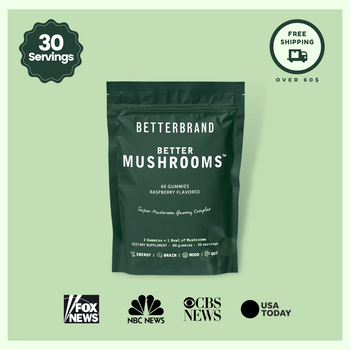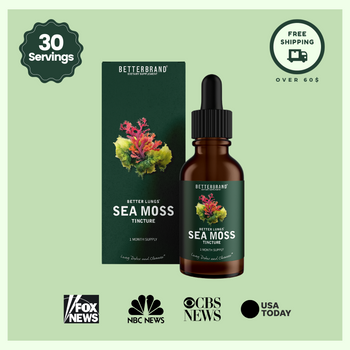Most supplement companies use an “everything but the kitchen sink” approach.

If a doctor, specifically a Doctor of Pharmacy, isn’t formulating your supplement, how can you trust it? In their rigorous curriculum, PharmDs go through years of training and education focused on properly evaluating the medicinal qualities of natural and synthetic ingredients, and how to dose them effectively. However, anyone can start manufacturing and selling supplements regardless of their educational background.
This creates a market in which thousands and thousands of supplement designers aren’t quite qualified to create the products they are selling, products that can seriously impact the health of their customers. Typically, these companies take a “kitchen sink” approach, which is to say they mix the cheapest combination of popular ingredients for a certain type of supplement to create each of their products. At best, your body simply excretes the surplus of ingredients. At worst, you could be ingesting and accumulating something that’s harmful over time. It’s surprising how many even contain dangerous amounts of certain ingredients that cause problems that may not appear until after years of repeated use.
While supplements aren’t usually necessary, they do contain ingredients that are.

Dozens of vitamins, minerals, proteins, and amino acids are vital to proper cellular function. Missing any one of these essential nutrients can mean the difference between your body performing at its best, or it being held back via nutrient deficiencies. Nutrient deficiencies can cause thinking to be fogged, bones to be more brittle, and a host of other problems. Normally a varied diet can solve for potential deficiencies, but many have a hard time maintaining one. Properly-formulated supplements can make up dietary or inborn nutrient deficiencies so you can feel and perform at your best.
Supplements are exactly what they’re named; they’re “supplemental” to a regular diet and can be a powerful and convenient tool in achieving good health as long as you pick the right ones. In summary:
Precautions:
- Most companies use the “kitchen sink approach”, giving you more than you need while wasting your money on several ineffective ingredients
- Transparency is not a priority with many companies
- Improper formulas give you too much of certain ingredients (ever eaten too much of a particular food and felt sick?) or have you paying for something your body simply excretes and never uses
Benefits:
- Supplements can bring your body to the high level at which it is supposed to perform
- Supplements can provide nutrients and minerals needed for healthy cellular function
- Supplements can support a healthy and thriving immune, respiratory, or digestive system (or any organ system for that matter)
Betterbrand’s supplements are all designed by a Doctor of Pharmacy, so you know you can trust the ingredients to be effective and the dosages to be “Goldilocks”-level, just right.
Betterbrand’s products are designed to be taken every day, and we strive to minimize interactions with the most popular prescription medications. If you’d like to view them, click here.






